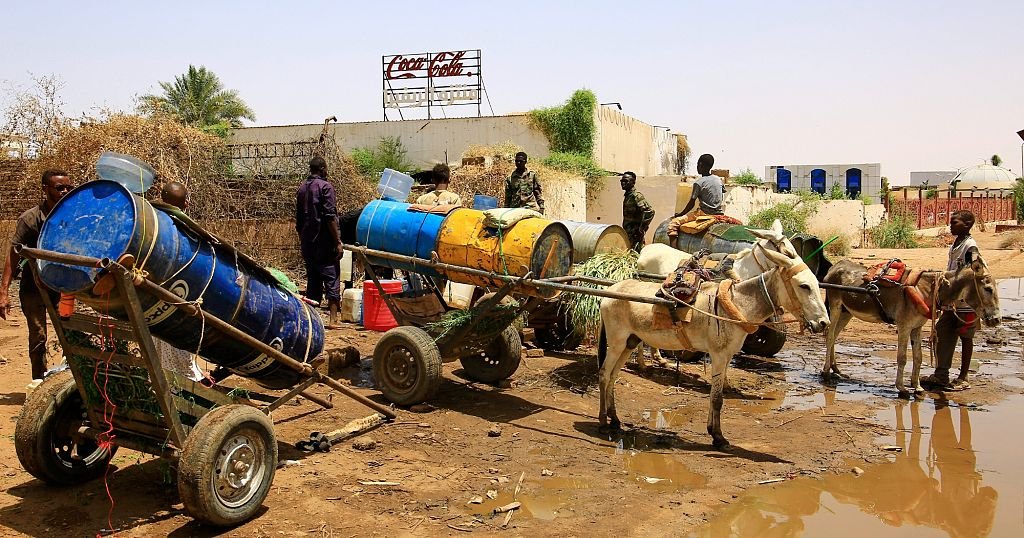Africa
Sudan faces rapidly-spreading cholera outbreak, 1000 daily cases in capital

A fast-spreading cholera outbreak has hit Sudan with officials reporting more than 1,000 cases a day in the capital of the war-torn country.
The outbreak is centred around the capital, Khartoum, and has spread as many Sudanese who had fled the country’s war return home. Residents are often only able to find unclean water – which is a dangerous conduit for the disease – as much of the sanitation system has collapsed amid the civil war.
According to Nicolas Jean, the head of Doctors Without Borders mission in Sudan, also known as Médecins Sans Frontières or MSF, Khartoum is now getting above 1,000 cases a day.
He blamed the lack of clean water, hygiene and lack of access to health care for the rise in the spread of the disease.
Most cases have been reported in Khartoum and its twin city of Omdurman, but cholera was also detected in the provinces of North Kordofan, Sennar, Gazira, White Nile and Nile River, health officials said. Khartoum and Omdurman were a battleground throughout the civil war, which nearly emptied them of residents. The region of the capital was recaptured by the military in late March from its rival, the paramilitary Rapid Support Forces, or RSF.
Since then, some 34,000 people have returned. But the city has been wrecked by months of fighting. Many found their homes damaged. Clean water is difficult to find, in part because attacks on power plants have disrupted electricity and worsened water shortages, UNICEF said. Sanitation systems are damaged.
The “disease of poverty”
Health workers fear the outbreak could spread quickly, since many people are packed into displacement centres making it difficult to isolate those infected.
The health system has also broken down. More than 80% of hospitals are out of service and those that are operating have shortages of water, electricity and medication, said Dr. Sayed Mohamed Abdullah, of Sudan’s Doctors Union.
The World Health Organization describes cholera as a “disease of poverty” because it spreads where there is poor sanitation and a lack of clean water.
It is a diarrheal disease caused when people eat food or water contaminated with the bacterium Vibrio cholerae. It is easily treatable with rehydration solutions and antibiotics. Most of those infected have only mild symptoms but, in severe cases, the disease can kill within hours if left untreated.
The WHO’s global stockpile of oral cholera vaccines has dropped below its minimum threshold of 5 million doses, making it increasingly difficult to stop outbreaks
At the same time, cholera epidemics have been on the rise around the world since 2021, because of poverty, conflict and extreme climate events like floods and cyclones, the U.N. says.
The civil war has devastated Sudan since it erupted in April 2023, when simmering tensions between the military and the RSF exploded into open warfare across the country. At least 24,000 people have been reported killed, though the number is likely far higher.
More than 14 million have been displaced and forced from their homes, including over 4 million who streamed into neighbouring countries. Famine was announced in at least five locations with the epicentre in the wrecked Darfur region.
